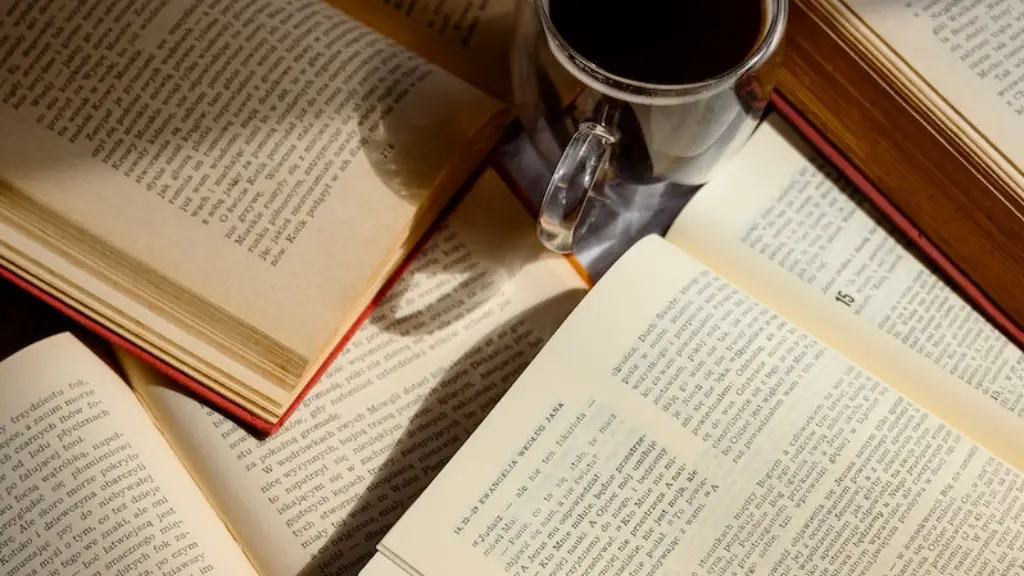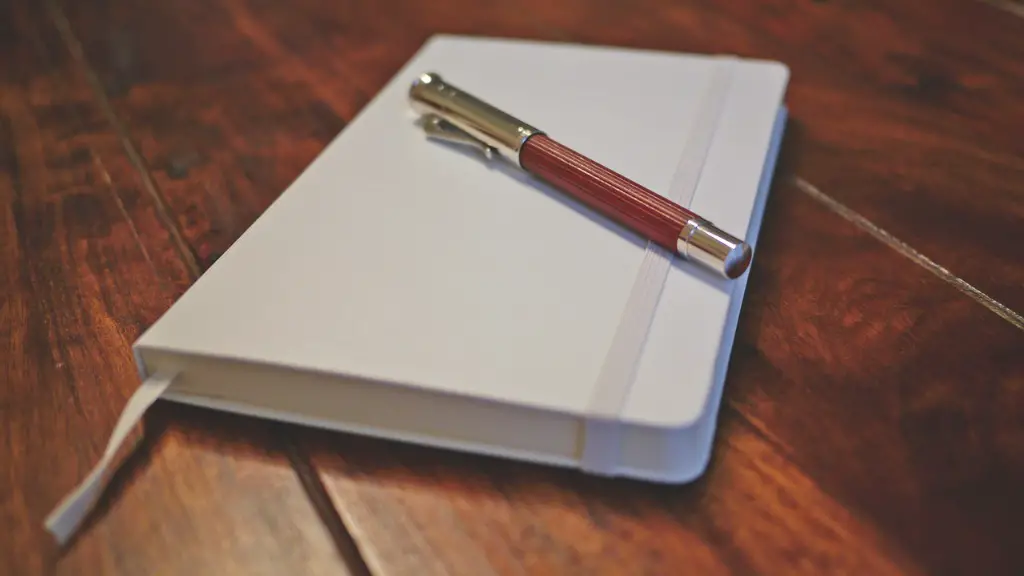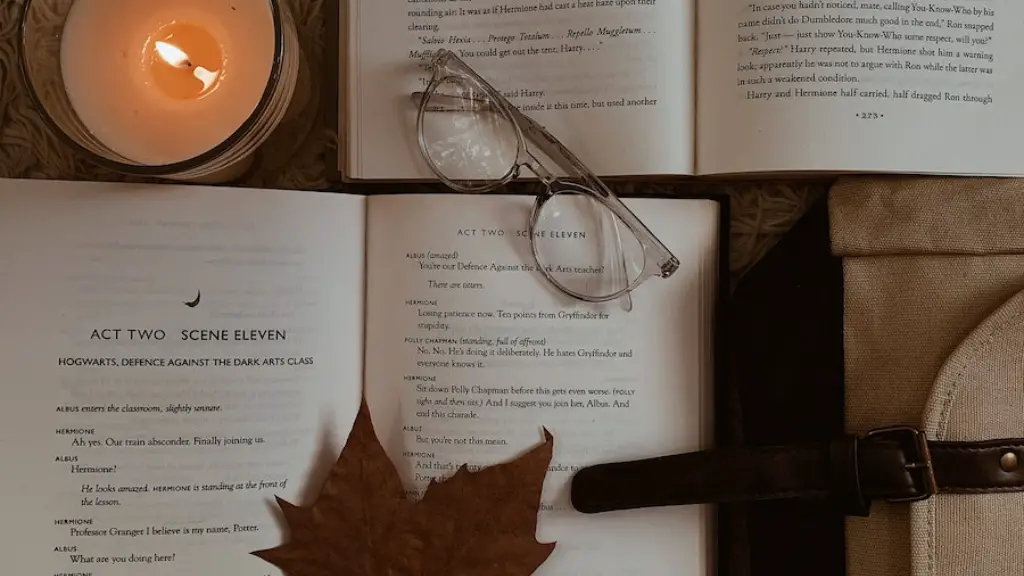Voice as an Expression of Identity
Voice is an essential element of poetry, as creators of popular poems often adhere to the voice they use to express their personal emotions and the many anecdotes they analyze. In the world of poetry, this type of expression of identity often shapes the specific style and techniques that one establishes as part of their persona. Moreover, while some poets develop their voice on purpose as part of their art, others simple allow their emotions to guide them as they dramatically express them through their writing.
The majority of popular poets tend to focus attention on the emotions of the creative process instead of the cognitive of language analysis. Even in instances where poets use specific techniques, the voice still remains the focus point – whether the poet is analyzing their own personal matters or the world around them. In poetry, voice goes beyond the method of communications and acts as a form of self-expression.
When a poem is written from the soul, then both the artist and the reader can interpret it in the same way. This is one of the primary characteristics of poetry – when reading a poem, it is easy to feel the emotions of the artist as they connect to the work. Furthermore, the connection with the voice is strong, as the voice becomes the focal point of the poem – creating an emotional bond between the artist and the reader.
How Voice Transforms a Poem
The way the poet chooses to express their voice into a poem is essential to how it will be interpreted by readers. The voice needs to lure the readers, as it needs to tell a story – whether it is a story about the poet’s life experience or about the overarching topic at hand. Voice needs to expose the thoughts of the artist in a unique, yet comprehensible, way.
The most common types of voices in poetry are either narrating and/or an interior monologue. When an artist chooses the narrative voice, then their aim is to tell a story from a third-person perspective. The poet dives into both the narrative and the characters’ thoughts and feelings, at the same time delving deeper about the feelings of the narrator.
Meanwhile, the interior monologue voice is often narrated in the first person and gives a more personal view of the artist’s thought process. When using this voice, the reader needs to pay more attention to the particular words being used, as they could potentially indicate a deeper meaning. This can be especially true when a poet chooses to write a looser structure of a poem, as they need to rely on the poetic devices to deliver the emotions to the reader.
The Power of Creativity
The creative process behind different voices in poetry is exactly why it’s so powerful. It allows room for experimentation and unique ways of storytelling, which is why many poets combine few voices in one work. By doing this, they can achieve the right balance between the narrative and their personal thoughts, and therefore add more meaning to their poem.
For instance, English poet John Donne combined theological, philosophical and personal aspects of a poem in the same work. He was much more open to interesting ways of expression than many other English poets, as he experimented through different voices and kept his lines intense and evocative. Moreover, Donne also wrote a lot of love poems, and as a man of God his experimentation with poetic devices was a way to express his religious beliefs and engage with challenging topics.
Voice in 21st Century Poetry
The most memorable poems of the 21st century have incorporated an extensive range of voices that range from the traditional to the abstract. However, all of them nevertheless remain important due to their connection with the artist’s life. This is exemplified through the works of British-Gambian poet and playwright, Inua Ellams, who has used his voice to create captivating pieces of work. Ellams is especially known for his usage of metaphysical devices and direct references to African heritage and prayer, which are evident in his works “Identity” and “Coconut”.
From rapper and spoken word artist Kate Tempest to pop lyricist Billie Eilish – celebrated contemporary poets assure the importance of voice in modern poetry. They have stretched the boundaries between written and performed works and shown how their diverse voices can connect with their audiences. Tempest is arguably one of the most talented and passionate emerging poets of our generation, as her common topics – emotional confrontations, hardships, and journey towards self-discovery – are perceived as modern and inspiring.
The Poet Within
The power of voice in poetry is constantly changing and evolving with the emergence of new styles. Even though the vast majority of writers tend to be focused on the traditional problems, others are inspired to experiment with new creative opportunities. As a result, the words become much more powerful when the voice of the artist is incorporated with the overall structure of the poem.
Therefore, for a poet to become truly successful, they need to focus on their voice and find unique ways of expressing themselves. As many modern poets have proved, poetic devices and traditional structures are only a few of the roads that one needs to take in order to create something moving. By embracing the artist within and developing the right connection between emotions and ideas, a writer can establish a new yet traditional repertoire in their works.
Voicing Social Issues
The best way to engage people with your poetry is to make it personal, but at the same time to voice topics that need to be discussed. Many prominent poets of recent times have focused on a range of social issues, as they use their voice to emphasize the need to tackle issues that are still relevant in our lives.
Through their works, prominent poets such as Yeats, Byron, and Shelley brought attention to existing political issues, from colonialism to slavery. This is seen in their works, as their passionate writing and powerful voices ignite the reader to take action.
In contemporary time, poets like Warsan Shire, Nikki Giovanni, and Amanda Gorman have chosen to use their voice to talk about the issues of sexism, cultural and ethnic diversity, mental health, and homelessness. Their inspiring works constantly provoke the reader to think further and take action to make a change.
Spreading Inspiration and Motivation with Voice
Finally, voice in poetry can have a positive impact on society. This is seen in the works of poets like Claude McKay, Langston Hughes, and Maya Angelou, who used their voice to spread positivity and instill a sense of hope. Through their works, they encourage the reader to be the change they want to see in the world and spread a message of peace and understanding.
This can also be seen in the works of modern poets, such as Sarah Kay, Hussain Manawer and Jazelle S. Smith, who have used their voice to talk about overcoming challenges, and inspiring reader to keep going and never give up. These artists spread optimism and positivity, which is one of the main reasons for their works to remain so popular.
The Strength of Voice in Poetry
Voice is a great way to tell stories and spread the emotions of the artist to the reader. It can be used to inspire, educate and draw attention to social and political issues, while at the same time talking about personal matters. Most significantly, it is the respect of the poet to speak true to themselves, and voice their feeling in a way that is true to them. By incorporating their own perspective, traditional and contemporary poets are able to provide the reader with a unique form of expression. This is why voice is so powerful – for it acknowledges the artist and allows them to shape the mood and tone of each poem, as every poet creates their own legacy through their works.


